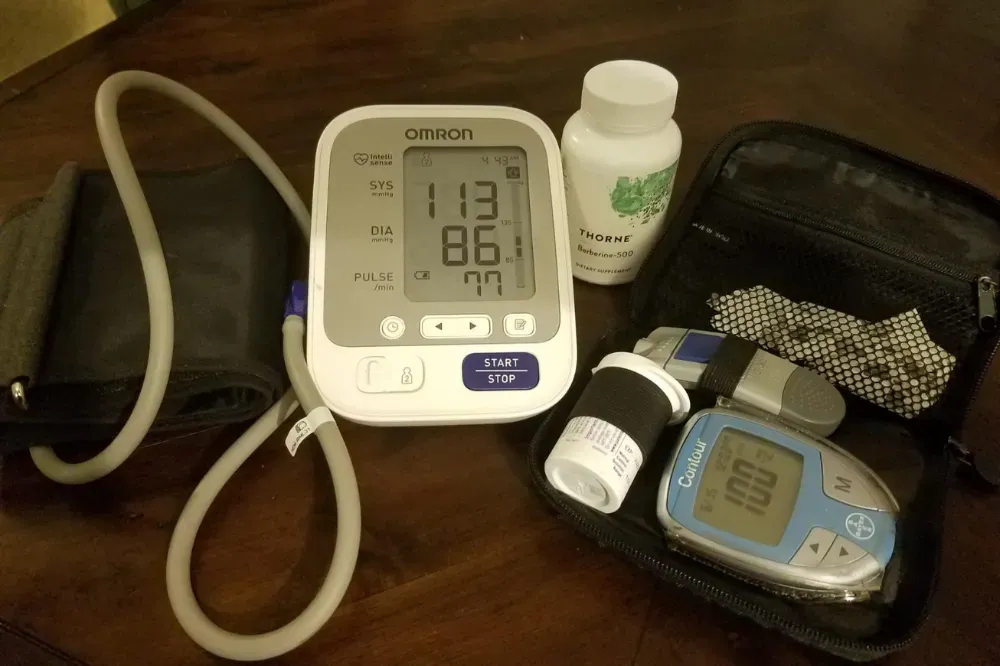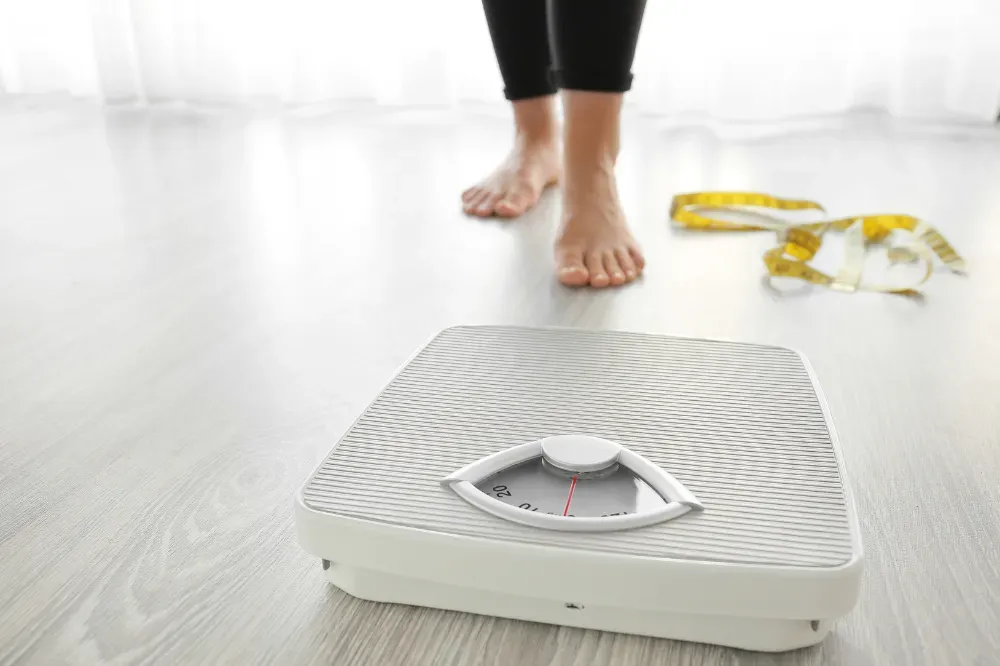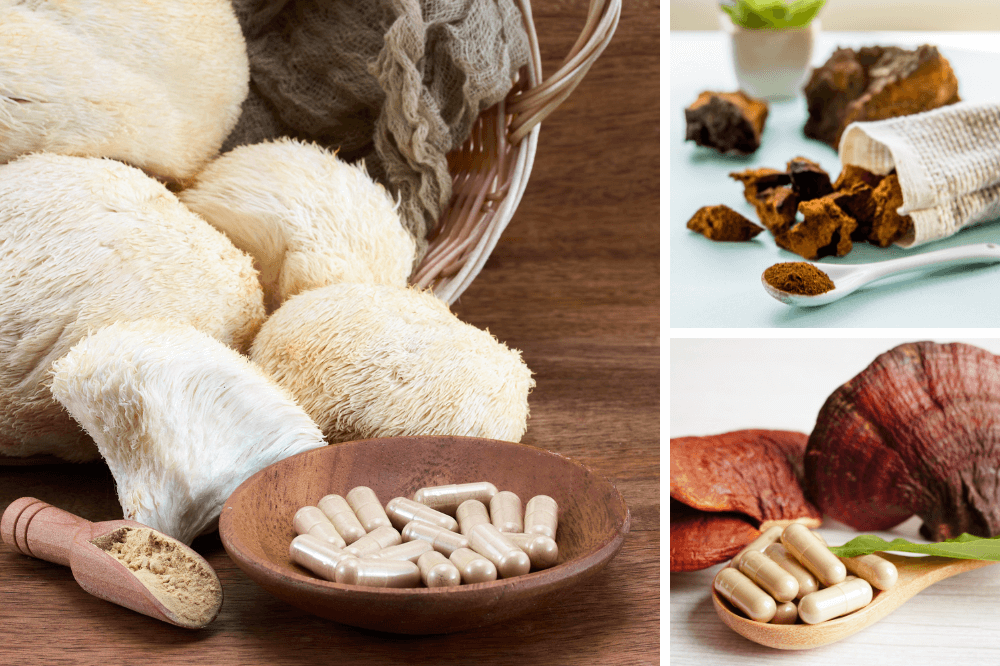Berberine, a natural compound extracted from various plants such as tree turmeric and Oregon grape, has gained popularity for its potential health benefits. From improving blood sugar levels to supporting weight loss and cardiovascular health, berberine supplementation can be a powerful addition to your wellness routine. However, taking berberine requires careful consideration to maximize its benefits and avoid potential side effects. In this article, we'll explore how to take berberine supplement effectively and safely.

1. What is Berberine?
Berberine is a bioactive compound classified as an alkaloid and is found in several plants, including Berberis vulgaris, also known as barberry. It has a long history of use in traditional Chinese medicine for treating various ailments, such as gastrointestinal issues, infections, and inflammatory conditions. Modern research has shown that berberine can influence multiple biological processes, making it a versatile supplement for supporting overall health.
2. Benefits of Berberine Supplementation
Berberine has been studied for its wide range of health benefits, including:
- Blood Sugar Regulation: Berberine can lower blood sugar levels by improving insulin sensitivity and promoting glucose uptake into cells. It activates AMP-activated protein kinase (AMPK), which enhances glucose metabolism and helps reduce insulin resistance, making it a useful supplement for managing type 2 diabetes.
- Cardiovascular Health: It may help reduce cardiovascular risk factors by lowering cholesterol and triglyceride levels, and improving blood pressure control. Some studies have suggested that berberine acts as a novel cholesterol-lowering drug, impacting lipid levels in a manner similar to prescription medications.
- Weight Loss: Berberine can aid in weight management by activating AMPK, which helps regulate metabolism and promote fat burning. Studies suggest that berberine supplementation can help reduce body mass index (BMI) and waist circumference over time.
- Gut Health: It has antimicrobial properties and can support a healthy gut microbiota, contributing to better digestive health. Berberine can also improve the gut barrier function, reducing inflammation and supporting overall gastrointestinal health.

3. Understanding the Right Dosage
The typical dosage for berberine supplements ranges from 900 to 1,500 mg per day, divided into three doses. This helps maintain stable blood levels of berberine throughout the day. It's best to start with a lower dose and gradually increase it to assess your body's response and tolerance.
- Standard Dosage: 300–500 mg, three times daily, with meals.
- Adjusting Dosage: The dosage may be adjusted depending on individual needs, such as weight, health conditions, and response to the supplement. Always consult with a healthcare provider before making any changes.
4. How to Take Berberine for Blood Sugar Control
For those looking to manage blood sugar levels, berberine should be taken 15–30 minutes before meals. This timing helps reduce the blood sugar spike that typically occurs after eating. Berberine works by increasing insulin sensitivity and enhancing glucose uptake into cells, which lowers blood sugar and helps maintain stable blood glucose levels. It's especially effective for individuals with type 2 diabetes or insulin resistance.
5. Berberine for Weight Loss and Metabolism
Taking berberine before meals can also assist in weight loss by improving metabolic health. Its activation of AMPK supports fat burning and may help reduce body mass index (BMI) and waist circumference over time. Moreover, berberine's positive effect on insulin sensitivity can help prevent weight gain associated with insulin resistance.
6. Berberine and Cardiovascular Health
Berberine supplementation can positively impact cardiovascular health by lowering LDL cholesterol and total cholesterol levels. It may act as a novel cholesterol-lowering drug due to its unique mechanism distinct from traditional medications. Berberine also supports blood pressure control in individuals with high blood pressure and may reduce the risk of heart disease and other cardiovascular conditions.
7. Berberine and Gut Health
Berberine's antimicrobial properties make it beneficial for gut health. It can help regulate gut microbiota, reduce harmful bacteria, and support a healthy gut barrier. By improving the gut barrier function, berberine may also help alleviate chronic diseases related to inflammation and poor gut health. For optimal gut health, berberine should be taken with meals to aid digestion.
8. Potential Side Effects and Precautions
While berberine is generally safe, it can cause side effects in some people. Common side effects include gastrointestinal issues such as constipation, diarrhea, and stomach cramps. To minimize these effects:
- Start with a Low Dose: Begin with a lower dose and gradually increase it.
- Take with Food: Consuming berberine with meals can reduce stomach upset.
- Monitor Blood Sugar: If you're on diabetes medications, closely monitor your blood sugar levels as berberine may lower them significantly.
9. Drug Interactions to Be Aware Of
Berberine can interact with various medications, including:
- Diabetes Medications: Berberine may enhance the effects of diabetes drugs, leading to hypoglycemia.
- Antibiotics: It can interfere with the effectiveness of certain antibiotics.
- Blood Thinners: Berberine may slow blood clotting, increasing the risk of bleeding when taken with blood thinners.
Always consult with a healthcare provider before starting berberine, especially if you are on prescription medications. It's important to be aware of potential interactions and adjust your supplement regimen accordingly.

10. Who Should Avoid Berberine?
Berberine is not recommended for:
- Pregnant or Breastfeeding Women: The effects of berberine on pregnant or breastfeeding women are not well-studied.
- Children: It should not be given to children without medical advice.
- Individuals with Low Blood Pressure: Berberine can lower blood pressure and may not be suitable for those with hypotension.
11. Combining Berberine with Other Supplements
Berberine can be combined with other supplements for enhanced effects. For instance, pairing berberine with milk thistle can improve liver function, while combining it with cinnamon may further support blood sugar control. However, combining supplements should be done under the guidance of a healthcare provider to avoid potential interactions.

12. Tips for Optimal Results
To get the best results from berberine supplementation:
- Consistency is Key: Take berberine regularly, as its effects are cumulative.
- Monitor Progress: Keep track of blood sugar, cholesterol, and other health markers to assess effectiveness.
- Adopt a Healthy Lifestyle: Complement berberine with a balanced diet, regular exercise, and other healthy habits.
13. Berberine's Role in Traditional Chinese Medicine
Berberine has been used for centuries in traditional Chinese medicine (TCM) to treat various health conditions, including digestive disorders, infections, and high blood sugar. In TCM, berberine is valued for its ability to clear heat, reduce toxins, and support the body's natural healing processes. Modern research has validated many of these traditional uses, showing that berberine can lower blood sugar levels, support cardiovascular health, and enhance overall well-being.
14. Understanding Berberine's Mechanism of Action
Berberine works by activating AMPK, a protein that plays a crucial role in regulating metabolism. This activation mimics the effects of exercise and calorie restriction, which can help in weight management and metabolic health. Berberine also influences the gut microbiota, improves insulin sensitivity, and supports the gut barrier function, all of which contribute to its wide-ranging health benefits.
15. Early Research and Clinical Studies
Early research suggests that berberine has potential benefits for various health conditions. Clinical studies have shown its effectiveness in reducing blood sugar, improving insulin sensitivity, and supporting cardiovascular health. It has been compared to conventional drugs for its novel cholesterol-lowering effects and ability to regulate lipid metabolism. Ongoing research aims to uncover more about its long-term effects and potential applications.
16. Final Thoughts: Is Berberine Right for You?
Berberine supplements can be a valuable addition to your health regimen, particularly if you're looking to manage blood sugar, support cardiovascular health, or lose weight. However, it's essential to take it correctly and be aware of potential interactions and side effects. Always consult with a healthcare provider before starting berberine to ensure it's appropriate for your individual needs.

Conclusion
Berberine is a promising supplement with a range of potential health benefits. From lowering blood sugar and supporting weight loss to acting as a novel cholesterol-lowering drug, berberine offers a unique mechanism of action that can positively impact various aspects of health. By understanding how to take it effectively, you can maximize its positive effects and minimize any risks. Whether you're aiming to manage blood sugar, support heart health, or enhance your overall wellness, berberine may be a beneficial addition to your wellness routine.














